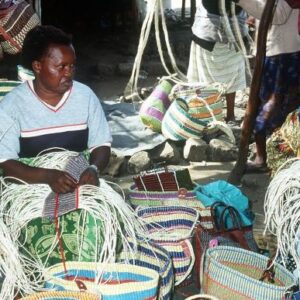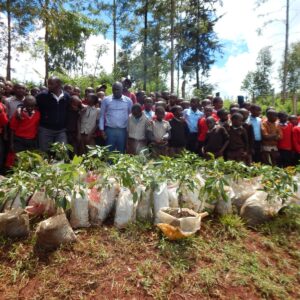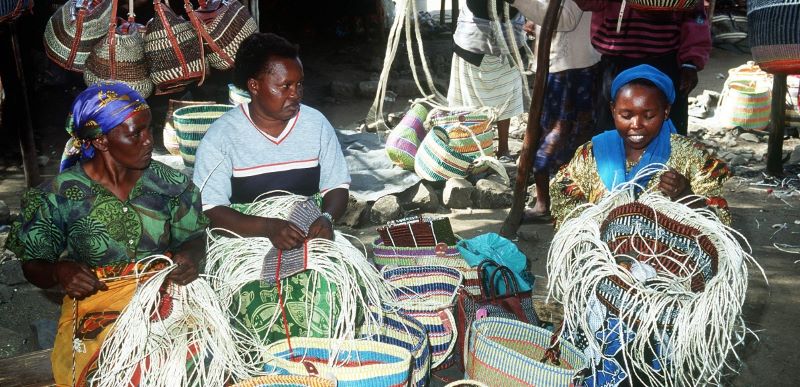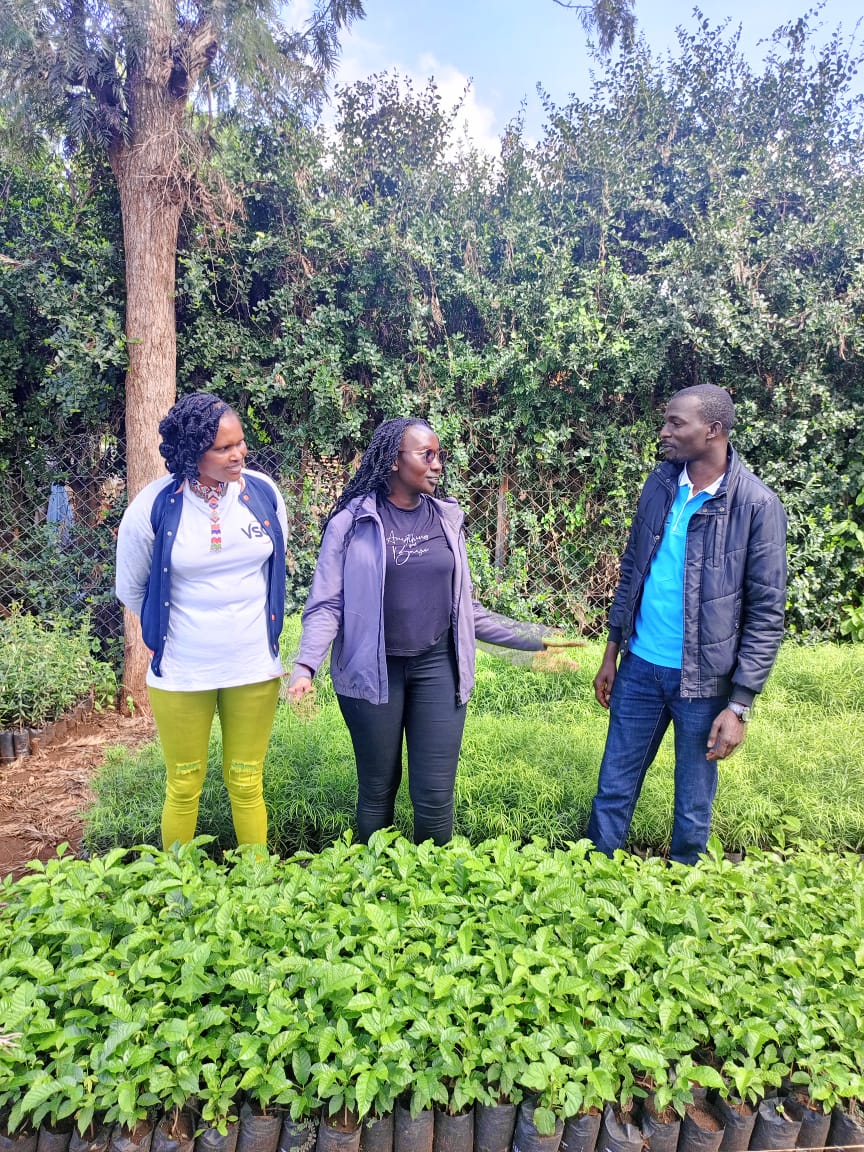African Pro-poor Tourism Development Centre – Making Tourism work for Communities
Economic Empowerment For Women & Youth Through Tourism Enterprise Investments and Production..
Background Information.
1.Tourism In Kenya.
Tourism in Kenya is the second-largest source of foreign exchange revenue following agriculture. Beach, eco-tourism, cultural, agricultural, wildlife, photography, educational/historical/research, Business or conference, hiking and sports are all forms of the tourism sector in Kenya. The country is world renowned as the safari destination and is home to the twin migration of the Humpback whales and Wildebeests. The destination has been voted and awarded the world’s leading safari destination and recently been named Africa’s leading tourist destination by the Oscars of the travel industry; World Travel Awards (WTA). Kenya’s magic is embedded everywhere you look, from wandering majestic elephants to its breathtaking Mountains, Forests and secluded waterfalls. The land is diverse, offering desert patches alongside snow-capped mountains, valleys and volcanoes, with beautiful beaches whose dark blue waters are home to colorful coral reefs. Riding the equator along the eastern coast of Africa, the country is famous for its safaris, offering unparalleled opportunities to see nature’s wildest creatures in their beautiful natural habitats. Travels with guides to game reserves and national parks put you within metres of some of the world’s most fascinating animals. Out in the open fields, you’ll see impressive creatures in their natural habitats. The “Big Five”—lions, elephants, rhinos, leopards and buffalo—can all be spotted at various National Parks and Reserves in Kenya. The hospitality facilities are also fascinating from Coastal hotels, lodges and tented campsites in the national parks and reserves, hotels in Nairobi and Kisumu. All these makes tourism flourish in Kenya.
Kenya’s earning from Tourism has been expanding over the years, yielding billions of Kenyan shillings. For example, in 2019 Kenya earned highest record ever Kshs 164 billion from tourism and Kshs 157 billion in 2018.
Tourism has been an important part of Kenya’s recent history, resulting in the creation of vast national parks and game reserves, the outlawing of hunting, and generating a high percentage of GDP. But Kenya’s ability to adapt to this shift – moving the emphasis from wildlife to people – will determine the impact that tourism has on its future. Tourism in developing countries is a crucial agent for development and indeed an ideal economic alternative to traditional or local sectors. As tourist destinations in Kenya exploit their tourism potentials, they have to realize that the involvement of the tourist host communities in tourism development projects is very important. Revenues from tourism and the different players in the tourism sector are encouraged to engage and involve the local community members in the tourism activities so that they benefit from the huge revenues. A few hotels, lodges and investors in tourism has employed local communities as guards, service providers and guides however this is not enough.
The United Nations World Tourism Organization endorses tourism for economic development and poverty reduction in developing countries, emphasizing the role of micro, small and medium-sized tourism enterprises. In Kenya, community-based enterprises (CBEs) are preferred. Small business participation in tourism can help diversify income and contribute to poverty reduction in some circumstances. Curio shops/centres, basketry, community owned campsites, community owned nature walks, community based homestays, community owned tour guides and community owned tourist resource centres are some of the community based tourism enterprises that can benefit the local communities to earn an income from the tourism sector industries. Marketing of community based enterprises and offering trainings is one of the ways of supporting the communities to rip from the tourism sector.
Guiding services, entertainment service, culture, nature walk services, accommodation, agricultural products supplies, curios, basketry, history, guarding, cooking, conservation, camping services, cleaning services, birdwatching, eco-tourism and conservation of wildlife are some of the numerous community based tourism enterprise opportunities available in the tourism sector in Kenya, where local communities can be capacity built, supported and involved so that they earn from tourism. This form of sustainable tourism also allows tourists to connect closely with the local people and gain a truly authentic travel experience, while ensuring that any generated revenue remains with the economically-marginalized community.
RELATED PROJECTS
Related products
-

Women Economic Empowerment Through Production, Supply And Export of Basketry
$1.00 Add to cart -

Sustainable Conservation Of Environment: Fruit Trees Planting
Read more -

Avocado Agroforestry: Transforming Livelihoods and Landscapes in Mt. Kenya
$1.00 Add to cart -

Capacity Building of CFAs On Forests Conservation Through Tourism
$1.00 Add to cart



